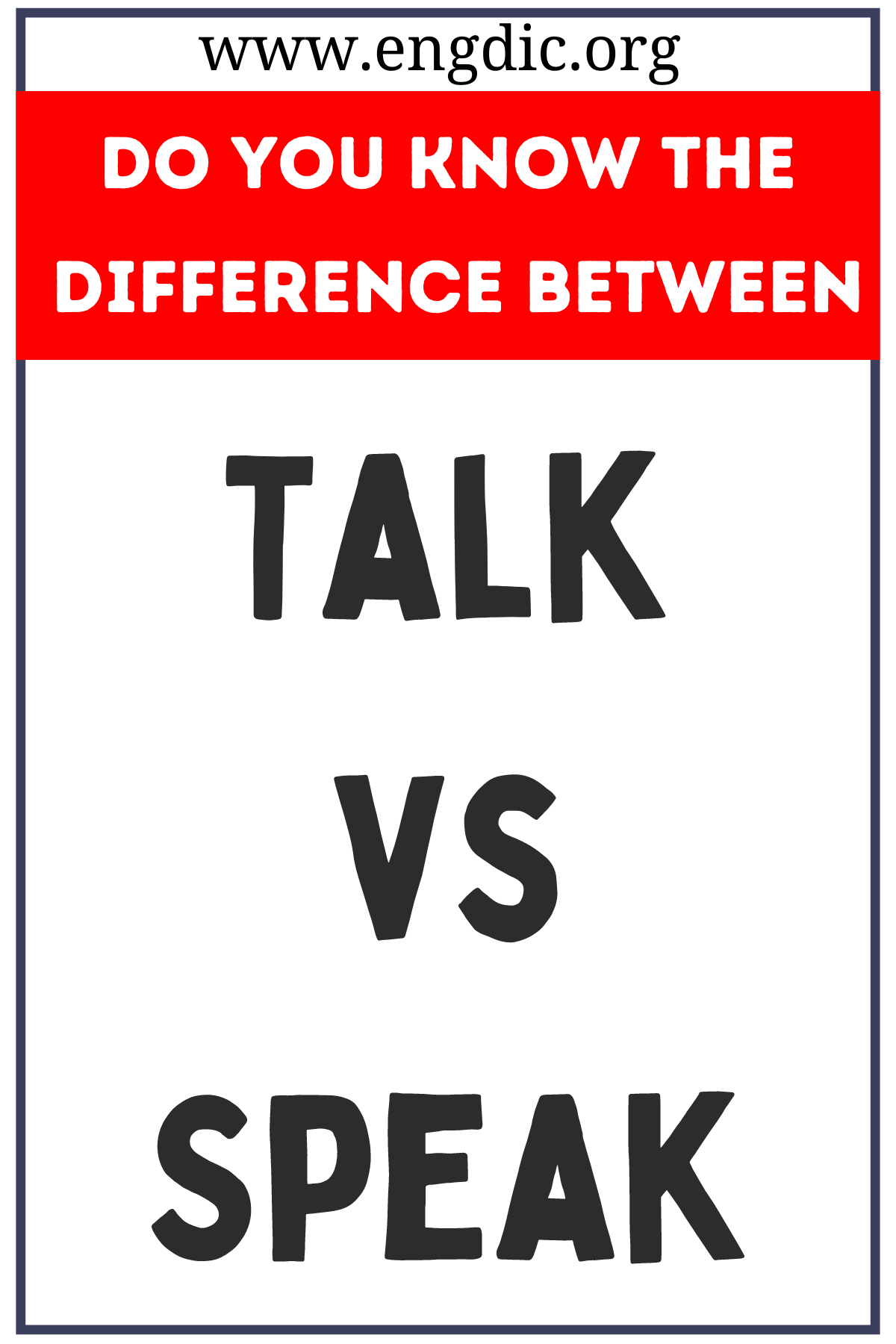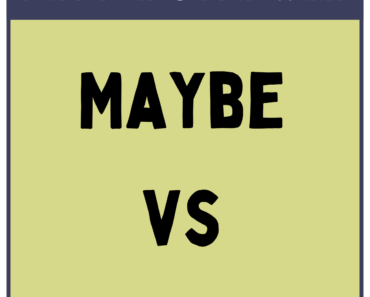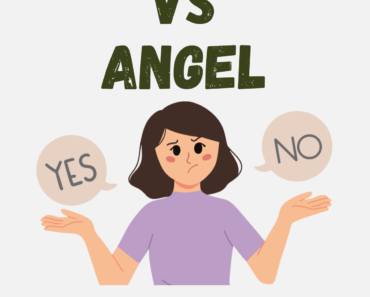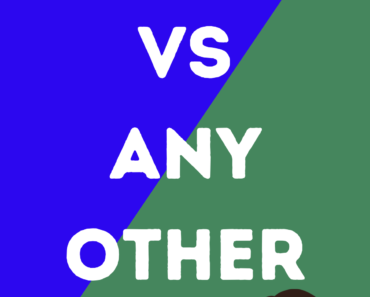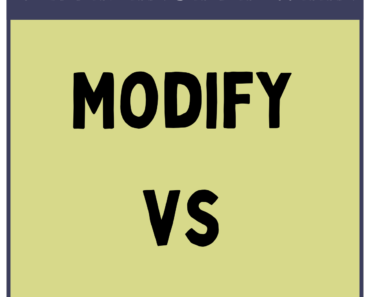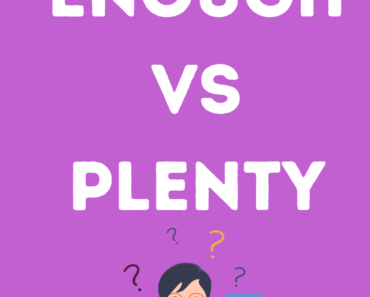Although “talk” and “speak” often overlap in meaning, subtle differences distinguish their usage.
“Talk” implies informal, conversational communication, focusing on personal exchanges or everyday discussions.
In contrast, “speak” denotes a more formal tone, used in structured settings or to convey specific information. The distinction lies in context; while “talk” suggests relaxed conversation, “speak” aligns with formality and purpose.
Definition and Usage of “Talk”
- Definition: To express ideas, feelings, or thoughts in speech.
- Usage:
- Informal Conversations: “We talked about our weekend plans.”
- Example: “They talked late into the night, sharing stories.”
- Interaction: “Let’s talk after the meeting.”
- Example: “She wanted to talk to her friend in private.”
- Negotiations: “The companies are talking about a merger.”
- Example: “Leaders talked about climate policy in the summit.”
- Informal Conversations: “We talked about our weekend plans.”
Definition and Usage of “Speak”
- Definition: To communicate verbally, often with a more formal tone.
- Usage:
- Formal Settings: “She spoke at the conference.”
- Example: “He spoke eloquently during the graduation ceremony.”
- Language Ability: “He speaks three languages.”
- Example: “Can you speak Japanese?”
- Giving Information: “He spoke about the new project.”
- Example: “The director spoke about upcoming changes.”
- Formal Settings: “She spoke at the conference.”
In summary, “talk” suits casual conversation, while “speak” conveys formality and precision in communication.
